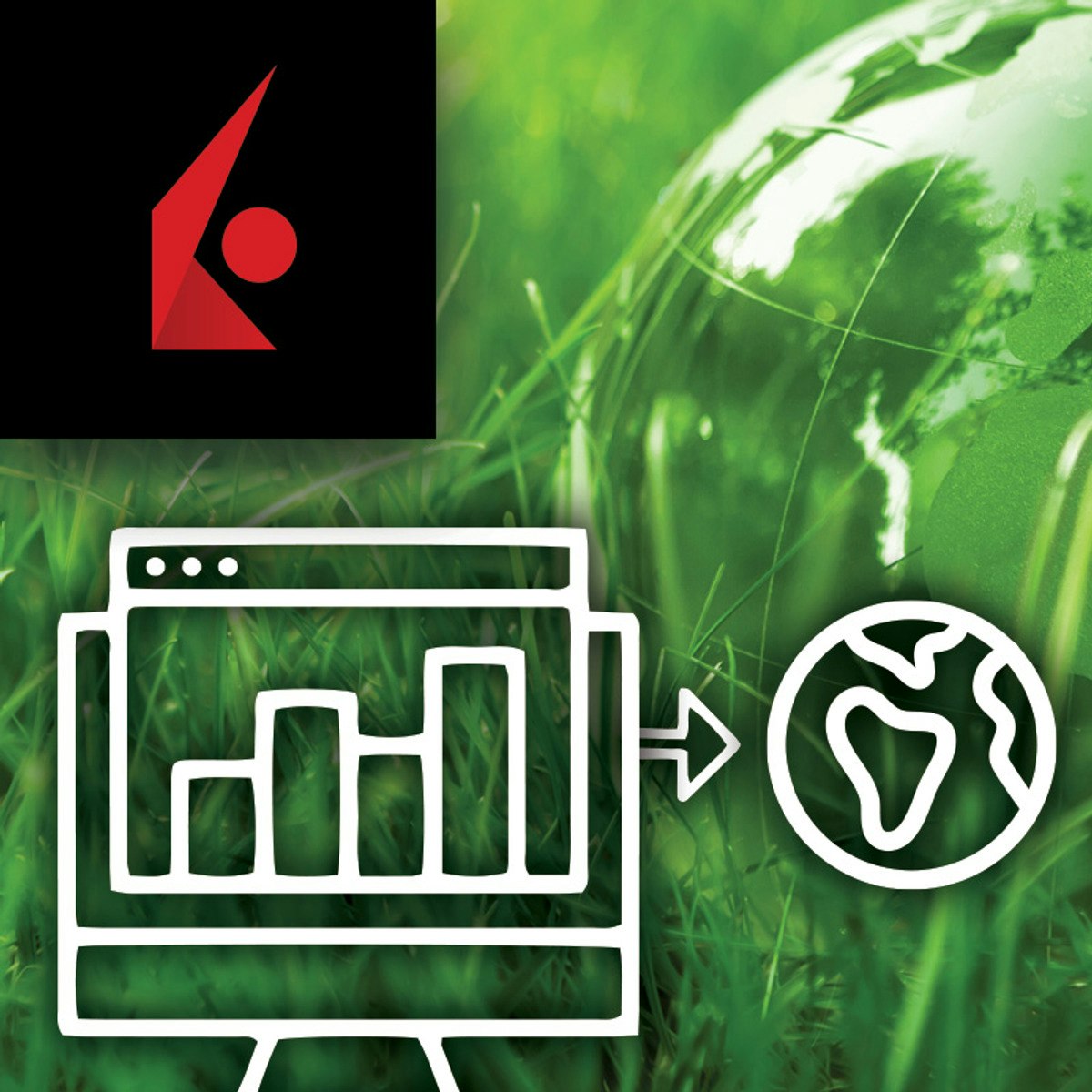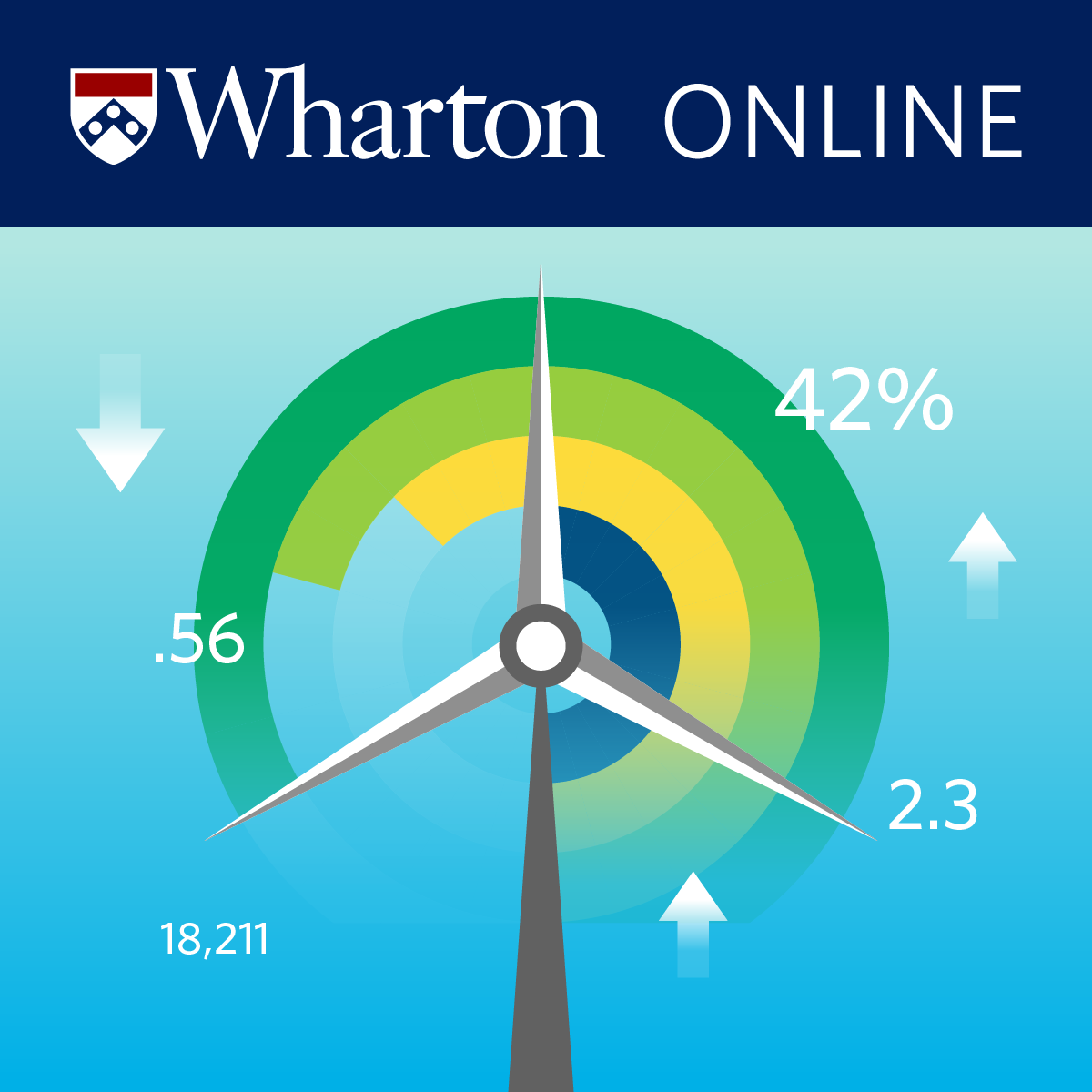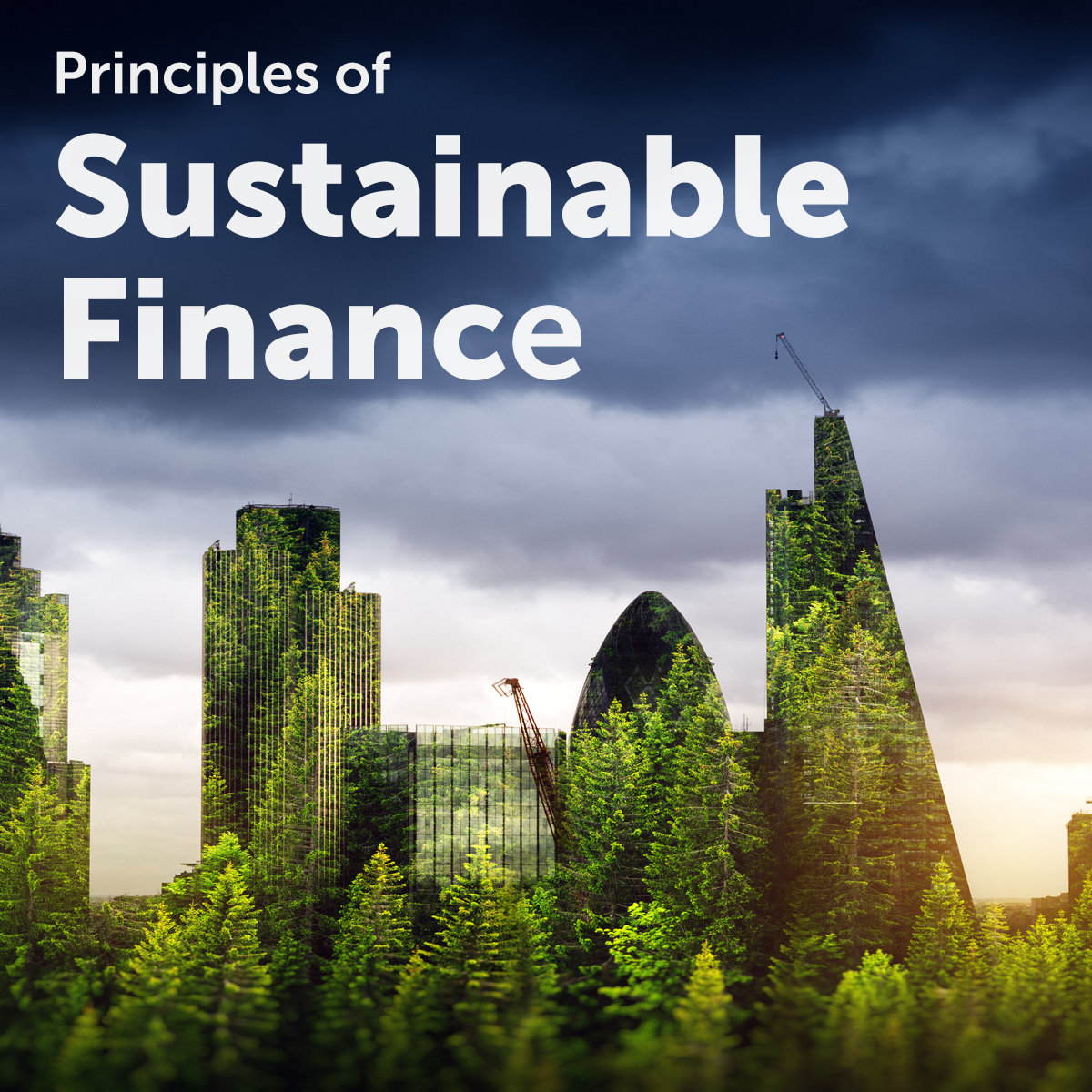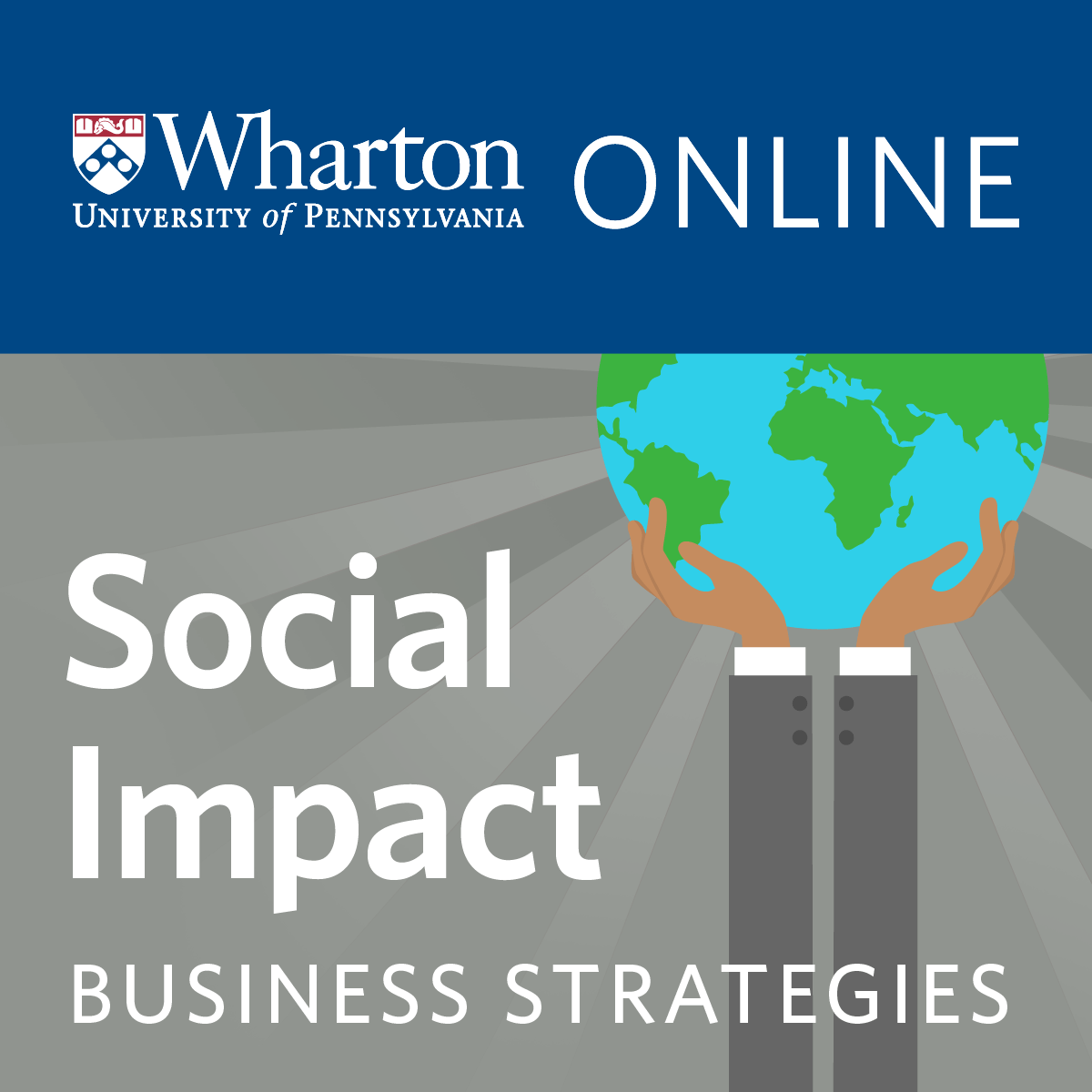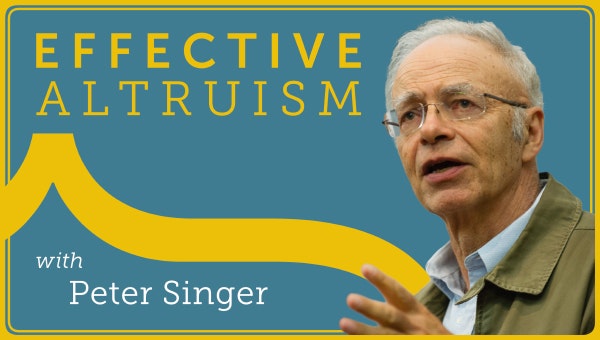Impact Investor
Exploring a Career as an Impact Investor
Impact investing represents a growing field within finance that seeks to generate positive, measurable social and environmental impact alongside a financial return. Unlike traditional investing, which primarily focuses on maximizing financial gains, impact investing intentionally directs capital towards businesses, organizations, and funds with the goal of creating beneficial outcomes. This approach moves beyond simply avoiding harm (as often seen in negative screening) or considering Environmental, Social, and Governance (ESG) factors as risk mitigants; it proactively seeks investments that contribute to solutions for global challenges.
Working as an impact investor offers the unique opportunity to align financial activities with deeply held values. Professionals in this field engage in rigorous analysis, not just of financial viability, but also of the potential for an investment to make a real difference in areas like renewable energy, affordable housing, sustainable agriculture, or accessible healthcare. The intellectual challenge lies in balancing these dual objectives – seeking market-rate or concessionary returns while ensuring significant, demonstrable positive impact.
What Does an Impact Investor Do?
The day-to-day work of an impact investor involves a blend of financial rigor and a deep understanding of social and environmental issues. It's a multi-faceted role requiring diverse skills to navigate the complexities of generating both financial and societal value.
Sourcing and Evaluating Opportunities
A core activity is deal sourcing – identifying potential investments that align with the fund's specific impact thesis and financial criteria. This involves networking, researching specific sectors, and evaluating businesses or projects based on their potential for both profit and positive change. Impact investors conduct thorough due diligence, scrutinizing financial projections, management teams, market potential, and, crucially, the plausibility and scale of the intended impact.
This evaluation often requires specialized knowledge of the sector being invested in, whether it's understanding renewable energy technologies or the economics of microfinance institutions. The goal is to find opportunities where capital can be a catalyst for significant, positive, and measurable change.
Financial viability remains critical. Impact investments are not charity; they are expected to generate returns, although these expectations can range from below-market (concessionary) to market-rate, depending on the investor's mandate. Assessing this financial potential requires strong analytical skills.
Measuring and Managing Impact
Simply intending to do good is not enough; impact investors must also measure and manage the impact created by their investments. This involves defining clear impact metrics before investing, collecting relevant data during the investment period, and reporting on performance against those metrics. It's about demonstrating accountability and ensuring the investment achieves its social or environmental goals.
Frameworks like the IRIS+ system from the Global Impact Investing Network (GIIN) provide standardized metrics to help investors measure and compare impact across different sectors and geographies. Developing expertise in these frameworks and applying them effectively is a key responsibility. This ensures transparency and helps prevent "impact washing," where claims of impact are overstated or unsubstantiated.
Think of it like tracking fitness goals. You might track weight loss (financial return) but also metrics like miles run or strength gains (impact metrics). Both are important for understanding overall progress and ensuring you're meeting your objectives, not just hoping for the best.
These courses provide insights into ESG factors and impact measurement, which are central to the role.
Portfolio Construction and Stakeholder Relations
Impact investors manage portfolios designed to achieve a blend of financial and impact objectives. This involves diversifying investments across different sectors, geographies, and asset classes while ensuring the overall portfolio aligns with the investor's mission. Ongoing monitoring of both financial performance and impact generation is crucial.
Engaging with stakeholders is another vital aspect. This includes maintaining relationships with the companies or projects they invest in (investees), providing support beyond capital (like strategic guidance), and reporting back to their own investors (limited partners or LPs) on both financial and impact performance. Effective communication and relationship management are essential.
Understanding diverse perspectives and fostering collaboration among stakeholders, including local communities where investments are made, can significantly enhance the effectiveness and sustainability of the impact generated.
Essential Skills and Competencies
Success in impact investing requires a unique blend of hard and soft skills. While financial expertise is fundamental, it must be complemented by a deep understanding of societal challenges and strong interpersonal abilities.
Analytical and Financial Acumen
Strong quantitative and financial analysis skills are non-negotiable. Impact investors must be adept at financial modeling, valuation, risk assessment, and deal structuring, much like their counterparts in traditional finance. They need to rigorously assess the financial health and potential of prospective investments.
This includes proficiency in tools like Excel for financial modeling and an understanding of various investment instruments, from equity and debt to more innovative blended finance structures. Due diligence involves scrutinizing financial statements, market data, and growth projections to build a solid investment case.
These foundational finance skills ensure that investments are sustainable and capable of generating the returns needed to attract further capital to the sector.
These courses cover fundamental aspects of finance and investment evaluation applicable to impact investing.
This book offers insights into investment analysis, a core skill.
Impact Expertise and Systems Thinking
Beyond finance, impact investors need a solid grasp of environmental and social issues, along with expertise in impact measurement and management (IMM). Understanding frameworks like IRIS+ and the Sustainable Development Goals (SDGs) is crucial for setting meaningful targets and tracking progress.
Systems thinking is also vital. Impact investors often tackle complex, interconnected problems like climate change or poverty. They need the ability to understand the broader system in which an investment operates, identifying potential unintended consequences and opportunities for catalytic change.
This involves looking beyond the immediate outputs of an investment to understand its contribution to larger systemic shifts. It requires curiosity, critical thinking, and the ability to synthesize information from diverse fields.
Communication and Adaptability
Excellent communication skills are essential for engaging with diverse stakeholders, including entrepreneurs, co-investors, community leaders, and policymakers. This is particularly true in cross-cultural contexts, where sensitivity and adaptability are key.
Impact investors must be able to articulate complex financial and impact concepts clearly and persuasively. They need to build trust and collaborate effectively with partners from different backgrounds and sectors.
The field is constantly evolving, requiring adaptability and a commitment to continuous learning. Staying updated on market trends, new impact measurement techniques, and emerging social and environmental challenges is part of the job.
Navigating Your Career Path in Impact Investing
The path to becoming an impact investor can vary. While the field is growing, it remains competitive. Understanding the common entry points and progression routes can help aspiring professionals plan their journey.
Common Entry Points
Many impact investors start their careers in traditional finance roles, such as investment banking, private equity, or asset management. They develop core financial skills and later pivot towards impact, bringing their expertise to dedicated impact funds, foundations, or development finance institutions (DFIs).
Another common route is through roles focused on Environmental, Social, and Governance (ESG) factors within mainstream financial firms. As ESG considerations become more integrated into investment processes, these roles provide valuable experience.
Individuals with backgrounds in the non-profit sector, international development, or social entrepreneurship also transition into impact investing. They bring deep subject matter expertise and on-the-ground experience, often needing to supplement their skills with formal financial training.
Career Progression and Pivots
A typical career trajectory within an impact investing fund might start at an Analyst or Associate level, focusing on research, due diligence support, and financial modeling. With experience, individuals may progress to Manager or Principal roles, taking on more responsibility for deal sourcing, structuring investments, and portfolio management.
Senior roles like Director or Partner involve leading investment strategy, managing teams, fundraising, and representing the fund externally. The skills developed in impact investing are also transferable to related fields like sustainable business consulting, corporate sustainability, or philanthropy.
For those considering a career change, entering impact investing can be demanding but rewarding. It often requires acquiring new knowledge, particularly in finance or specific impact areas. Be prepared to invest time in learning and networking. While challenging, bringing diverse experiences can be a significant asset in this interdisciplinary field. Your passion for impact, combined with dedicated effort to gain necessary skills, can open doors.
This course can help assess career fit, particularly within investment fields.
This book discusses European venture capital, a related field with potential overlap.
Global Opportunities and Considerations
Impact investing is a global field, with opportunities spanning developed and emerging markets. Regional variations exist in terms of priority sectors, regulatory environments, and the maturity of the impact investing ecosystem. Understanding these nuances is important for those seeking international roles.
Working in emerging markets often involves navigating unique challenges related to infrastructure, political stability, and currency risk, but also offers the potential for deep, transformative impact. Cross-cultural competency and adaptability are paramount in these contexts.
Educational Backgrounds and Certifications
While there isn't one single prescribed educational path, certain academic backgrounds and qualifications are common among impact investors and can provide a strong foundation for entering the field.
Relevant University Degrees
Undergraduate degrees in fields like Finance, Economics, Business Administration, or Accounting provide essential quantitative and analytical skills. These programs equip students with the financial literacy needed to evaluate investments rigorously.
Degrees in fields like Sustainability, Environmental Science, International Relations, Public Policy, or Development Studies offer deep knowledge of the social and environmental challenges that impact investing aims to address. Combining a finance-focused degree with a minor or double major in one of these areas can be particularly advantageous.
Many professionals pursue graduate degrees, such as an MBA with a concentration in finance or sustainability, or specialized master's programs in Sustainable Finance, Impact Investing, or Social Entrepreneurship. These programs offer advanced coursework, networking opportunities, and often practical experience through projects or internships.
This book provides context on endowment management, a related area of institutional investing.
Professional Certifications
While not always mandatory, professional certifications can enhance credibility and demonstrate specialized knowledge. The Chartered Financial Analyst (CFA) designation is highly respected in the investment industry. Recognizing the growing importance of sustainability, the CFA Institute now offers a Certificate in ESG Investing, which is becoming increasingly valued.
Other certifications related to sustainability reporting (like those from GRI or SASB, now consolidated under the IFRS Foundation) or specific impact areas can also be beneficial, depending on career focus. Continuous learning through certifications and professional development courses is key in this evolving field.
These courses cover principles related to sustainable finance and responsible management.
Leveraging Self-Directed Learning and Online Resources
Formal education is valuable, but self-directed learning, particularly through online resources, plays a crucial role in building a career in impact investing. This is especially true for career changers or those looking to supplement traditional education.
Building Foundational Knowledge Online
Online courses provide accessible and flexible ways to build foundational knowledge in finance, ESG principles, and impact measurement. Platforms like OpenCourser aggregate thousands of courses, allowing you to find specific topics relevant to impact investing, from financial modeling to climate finance.
You can use online courses to fill knowledge gaps, whether strengthening your financial literacy or deepening your understanding of specific sectors like renewable energy or global health. Many courses offer certificates upon completion, which can signal your commitment and acquired knowledge to potential employers.
OpenCourser's Learner's Guide offers tips on structuring your learning path and making the most of online educational resources. Saved course lists on OpenCourser can help organize your curriculum.
These courses offer introductions to ESG, social business, and related concepts, suitable for self-study.
Practical Application and Research
Beyond coursework, actively engage with real-world examples. Analyze case studies of successful (and unsuccessful) impact investments to understand deal structures, impact metrics used, and challenges faced. Follow industry publications and reports from organizations like the GIIN or World Economic Forum to stay current.
Consider undertaking independent research projects on specific impact sectors or measurement methodologies that interest you. Participating in online forums, attending webinars, and networking (even virtually) with professionals in the field can provide invaluable insights and connections.
Simulations or virtual projects, sometimes offered within online courses or through specific platforms, can provide hands-on practice in applying impact measurement frameworks or evaluating investment opportunities.
This book explores impact investing in detail, serving as a valuable self-study resource.
Market Trends Shaping the Future of Impact Investing
The field of impact investing is dynamic, influenced by evolving regulations, financial innovation, global events, and technological progress. Staying aware of these trends is crucial for practitioners.
Regulatory Landscape and Reporting Standards
Governments and regulatory bodies worldwide are increasingly focusing on sustainable finance and ESG reporting. New regulations, such as the EU's Sustainable Finance Disclosure Regulation (SFDR), are mandating greater transparency around the sustainability characteristics of investment products. This drives demand for robust impact measurement and reporting capabilities.
The convergence of different ESG reporting standards under frameworks like the International Sustainability Standards Board (ISSB) aims to create a global baseline, simplifying reporting for companies and providing more consistent data for investors. Impact investors need to stay abreast of these developments as they shape market expectations and data availability.
These courses delve into ESG considerations from various perspectives.
Innovation in Financial Instruments
The market is seeing growing innovation in financial structures designed to mobilize capital for impact. Blended finance, which strategically uses catalytic funding (like grants or guarantees) from public or philanthropic sources to attract private investment, is gaining traction, particularly for projects in challenging markets.
Other innovations include social and development impact bonds (SIBs/DIBs), green bonds, and sustainability-linked loans. Understanding these instruments and how they can be structured to balance risk, return, and impact is becoming increasingly important for impact investors.
These courses touch upon sustainable finance applications and social business models.
Technology and Geopolitical Influences
Technological advancements, particularly in data analytics, AI, and remote sensing (e.g., satellite imagery), are offering new possibilities for more efficient and accurate impact measurement and verification. These tools can help track environmental changes or social outcomes more effectively.
Geopolitical events and global trends, such as climate change, pandemics, and shifts in global development priorities, significantly influence where impact capital flows. Investors must monitor these macro trends to understand emerging risks and opportunities in different sectors and regions.
Ethical Considerations in the Field
Impact investing operates at the intersection of finance and social good, presenting unique ethical challenges that practitioners must navigate thoughtfully and responsibly.
Authenticity and Avoiding Impact Washing
A primary ethical concern is "impact washing" – making exaggerated or unsubstantiated claims about the positive impact generated by investments. Maintaining authenticity requires rigorous impact measurement, transparency in reporting, and a genuine commitment to achieving stated goals, not just using "impact" as a marketing tool.
Investors must ensure additionality, meaning their investment contributes to positive outcomes that likely wouldn't have occurred otherwise. This involves careful assessment during due diligence and ongoing monitoring.
Ethical frameworks and adherence to industry standards, like the Operating Principles for Impact Management, help guide practitioners in maintaining integrity.
These courses address related concepts like conscious capitalism and effective altruism.
Balancing Stakeholder Interests
Impact investors often work in complex environments with multiple stakeholders, including investors seeking returns, entrepreneurs building businesses, and communities affected by the investments. Balancing the potentially conflicting interests of these groups requires careful consideration and ethical judgment.
Particularly in developing economies, investors must be sensitive to local contexts, power dynamics, and potential unintended negative consequences of their investments. Ensuring fair treatment of workers, respecting community rights, and promoting inclusive economic benefits are critical ethical responsibilities.
Understanding how to value social and human capital is part of this ethical equation.
Tradeoffs and Cultural Sensitivity
Impact investing often involves navigating tradeoffs. For instance, should an investor prioritize deep impact for a small number of beneficiaries or shallower impact across a wider population? Should short-term financial returns be sacrificed for longer-term, more profound systemic change?
There are rarely easy answers to these questions. Ethical decision-making requires transparency about these tradeoffs and alignment with the fund's stated mission and values. Furthermore, operating globally necessitates cultural sensitivity and humility, recognizing that solutions appropriate in one context may not be suitable elsewhere.
This book discusses sustainable investing more broadly, encompassing many ethical dimensions.
Frequently Asked Questions about Impact Investing Careers
For those considering a career as an impact investor, several practical questions often arise. Here are answers to some common queries.
What is the earning potential like?
Compensation in impact investing can vary widely based on the type of organization (e.g., foundation, DFI, private fund), size of the fund, geographic location, and individual experience level. Generally, salaries at dedicated impact funds might be lower than comparable roles in traditional private equity or hedge funds, but potentially higher than many non-profit roles. Compensation often includes a base salary plus performance-based bonuses, which may be tied to both financial and impact results. As the field matures and attracts more capital, compensation levels are evolving, but a primary motivation for most professionals remains the alignment of work with purpose.
How can I switch from a non-profit background?
Transitioning from the non-profit sector requires highlighting transferable skills like project management, stakeholder engagement, subject matter expertise in specific impact areas, and grant management. However, strengthening financial acumen is usually essential. Consider pursuing relevant certifications (like CFA ESG), taking online courses in finance and investment analysis, or even a graduate degree (MBA, Master's in Finance). Networking actively within the impact investing community is crucial to learn about opportunities and demonstrate your commitment. Emphasize how your non-profit experience provides unique insights into the challenges and opportunities impact investments address.
This course specifically targets building a career with purpose.
Is prior finance experience mandatory?
While not strictly mandatory for all roles (especially those closer to program management or impact measurement within foundations), strong financial literacy is generally required, and direct finance experience (investment banking, private equity, venture capital, asset management) is highly valued and often a prerequisite for investment professional roles in private impact funds. If you lack traditional finance experience, demonstrate your financial capabilities through coursework, certifications, personal investing knowledge, or relevant project work. Some may enter through roles requiring deep sector expertise (e.g., an agriculture expert for an ag-focused fund) and learn the finance aspects on the job, but this is less common for core investment roles.
Which sectors offer the most opportunities?
Impact investing occurs across numerous sectors. Historically, areas like microfinance, community development, and housing have been prominent. Currently, significant capital flows towards climate solutions (renewable energy, energy efficiency, sustainable agriculture, climate tech), healthcare (access and affordability), education technology, financial inclusion, and sustainable infrastructure. Opportunities shift based on global needs and investor interest, but sectors addressing major Sustainable Development Goals (SDGs) are typically areas of focus. Research funds specializing in sectors that align with your interests and expertise.
How does impact investing differ from philanthropy?
Philanthropy typically involves grants or donations with no expectation of financial return; the primary goal is social or environmental benefit. Impact investing, conversely, involves investments made with the expectation of generating both a positive impact *and* a financial return (ranging from concessionary to market-rate). While both aim for positive change, impact investing uses market-based mechanisms and seeks financial sustainability or profit alongside impact.
What are common career pitfalls to watch out for?
One pitfall is neglecting financial rigor in the pursuit of impact, leading to unsustainable investments. Another is focusing solely on easily measurable, shallow impact ("impact washing") rather than tackling deeper systemic issues. Burning out due to the demanding nature of balancing dual objectives is also a risk. Failing to build a strong network or continuously learn in this evolving field can hinder career progression. Finally, lacking clarity on one's own impact thesis or ethical boundaries can lead to difficult situations when facing complex investment decisions and tradeoffs.
Helpful Resources for Aspiring Impact Investors
To further explore the field of impact investing, consider these resources:
- Global Impact Investing Network (GIIN): A leading organization providing research, data (like the IRIS+ metrics), and industry insights.
- Impact Management Project (IMP): Offers frameworks and resources for measuring and managing impact.
- B Lab: The organization behind the B Corp certification for businesses balancing purpose and profit.
- OpenCourser Finance & Economics Courses: Explore foundational and specialized finance topics.
- OpenCourser Sustainability Courses: Find courses related to environmental and social impact areas.
- OpenCourser Notes Blog: Stay updated on trends in online learning and career development.
Embarking on a career as an impact investor means committing to a path that demands both sharp analytical skills and a deep dedication to creating positive change. It's a challenging yet immensely rewarding field for those who want to use the tools of finance to address pressing global issues. By building the right skills, gaining relevant experience, and staying informed about this evolving landscape, you can position yourself to contribute meaningfully to a more sustainable and equitable world.




